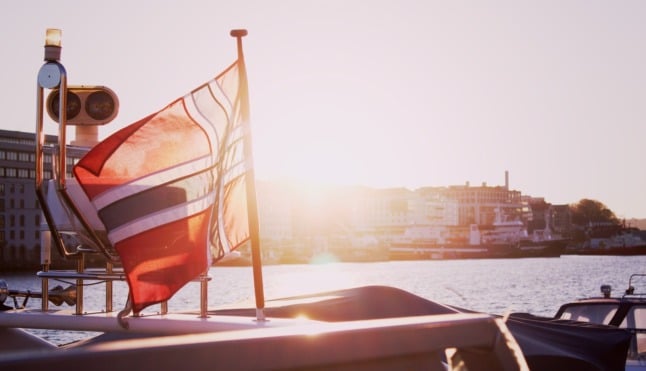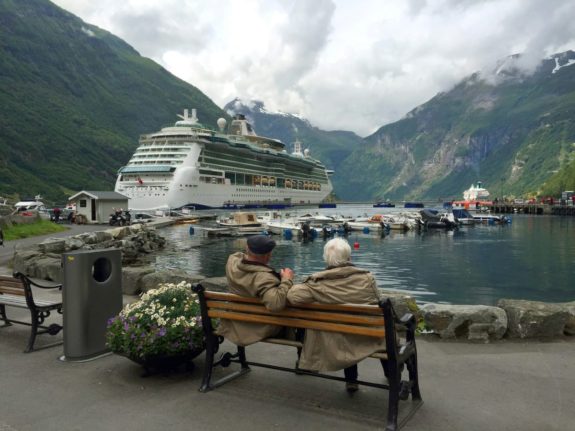Compared to some other countries, the process of securing post-Brexit residence in Norway has been relatively straightforward, according to the Advice on Individual Rights in Europe Centre (AIRE), which is behind the EuroBrits Norway project aimed at helping Brits in Norway.
“In our experience, and compared to other countries in which the EuroBrits project is operating, the process in Norway is overall simple. The fact that UK nationals can apply online for their residence permit minimises trips vulnerable individuals have to undertake to the relevant authorities, and the Norwegian Directorate of Immigration (UDI) is website is fairly easy to use,” the AIRE Centre told The Local.
In addition to this, the UDI also provides a checklist of the paperwork Brits need when applying for residence, which helps to make the process more straightforward according to the group.
So far, the group has helped around 200 or so Brits with issues with their residence applications in Norway. These range from simple enquiries to detailed personalised letters of assistance.
The group has helped UK nationals with all kinds of permits, from long-term worker permits, student permits and permanent residence.
Despite the relatively straightforward process, there is one common problem that many Brits wanting to secure their post-Brexit residence have run into.
“The most common problem, in our experience, is the difficulty in securing appointments with the Norwegian police,” The group told The Local.
What has made this frustrated for would-be residents stuck in appointment limbo is that this is a crucial part of the application.
The reason for the long waiting times for applications is due to the pandemic, the group said.
“Covid-19 measures have placed considerable additional burdens on the police, who are working with limited capacity, and this means appointments in some locations in Norway are now being booked for the end of 2021 or in 2022,” the AIRE Centre explained.
There have been other problems also in addition to the lengthy queues for permits. The group had heard from some who, when they received their cards, found they were printed with the wrong details.
According to the group, Norwegian authorities are aware of the errors and are working to resolve the issue.
When asked if there were any advice it would offer Brits yet to apply for their post Brexit residence, the group urged people to apply as soon as possible.
“They need to apply as soon as possible. Even if they have not gathered all documents necessary, they should apply by December 31st 2021, to secure their residence rights. UK nationals will not be penalised if the process has not been completed due to Covid delays. The application for residence permits under the Brexit regulations is free,” The group explained to The Local.
The AIRE Centre has begun the process of winding down the EuroBrits Norway project and will not be taking on any new requests after the end of August, with the scheme then ending at the end of September.
If you need assistance with your post-Brexit residence application, you can get in touch with the AIRE Centre by emailing [email protected].



 Please whitelist us to continue reading.
Please whitelist us to continue reading.
Member comments